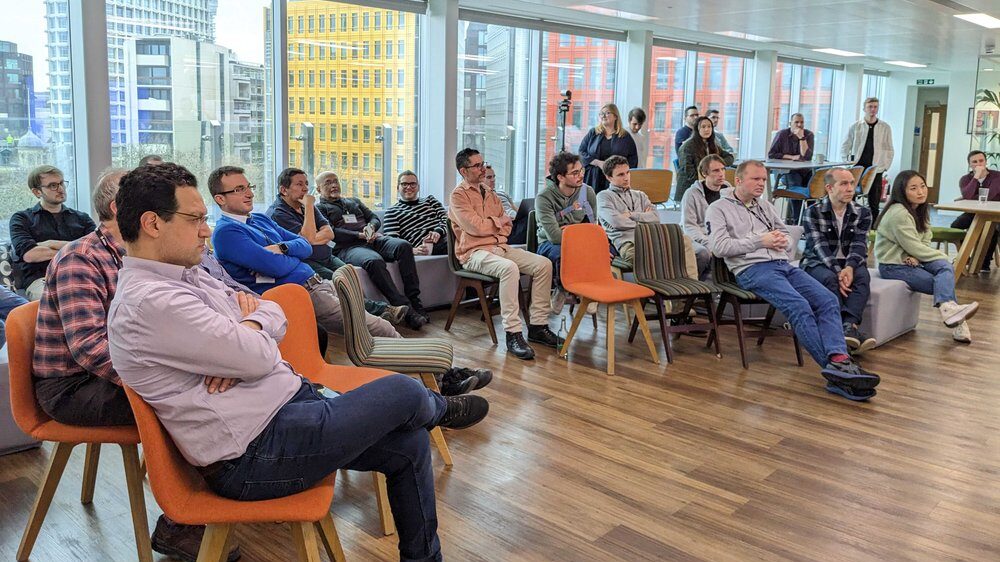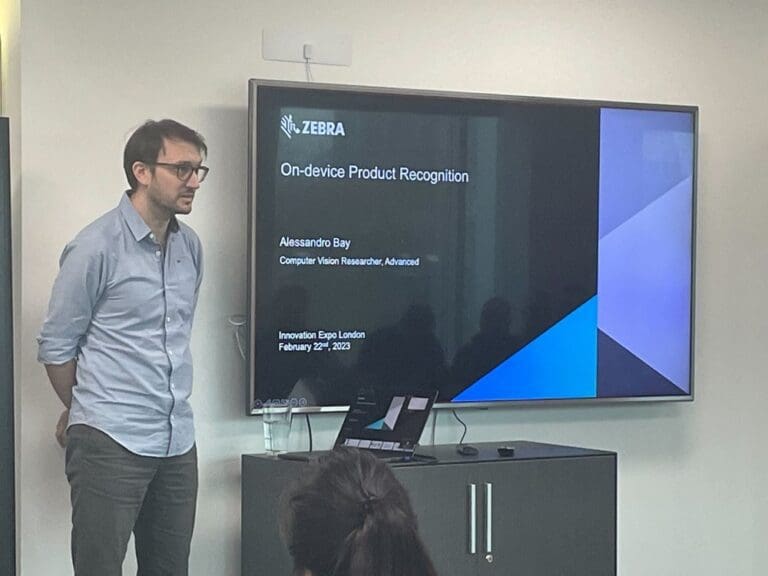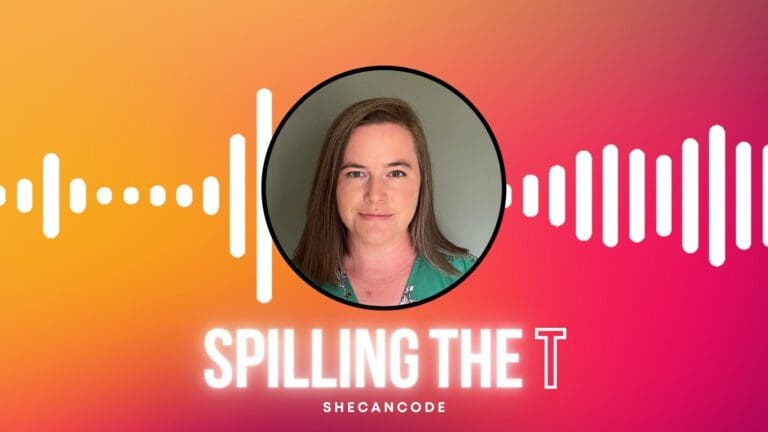WHAT MADE YOU DECIDE TO GO INTO AI?

My interest in AI began during my undergraduate studies in Applied Mathematics. I was fascinated by the potential of mathematical models to simulate and predict real-world phenomena. This curiosity led me to explore the practical applications of AI and its impact on various industries. Nowadays, AI is increasingly integrated into our everyday lives, and looking ahead, I was excited about the future of AI and the potential it holds for further collaboration between humans and machines.
AI has the potential to make human life easier and more efficient, for example by automating tasks. AI frees up valuable time and resources, allowing us to focus on more creative and complex problem-solving.
WHAT ADVICE WOULD YOU GIVE TO THOSE NERVOUSLY CONSIDERING A TRANSITION INTO A TECH ROLE?
First of all, if you are considering a transition into a tech role you have to believe in your ability to learn and adapt. Mostly, I would recommend focusing on transferable skills, such as problem-solving, critical thinking, or analytical reasoning, which will provide a solid foundation to build upon. For people nervous about self-learning in such a new field, I would say not to worry, as the AI community is very supportive, by providing plenty of online courses and resources, as well as tech boot camps. Moreover, you can even work on a personal project or collaborate on existing projects with other researchers/developers/engineers, through platforms like GitHub/Huggingface or Discord/Reddit.
Finally, one last piece of advice is to remember that continuous learning is key, as it is a long process and the industry is continuously evolving, so you need to be motivated and aware that as an individual your unique perspective can be a valuable asset in the industry.
NOW THAT YOU’RE A FULLY-FLEDGED COMPUTER VISION ALGORITHM RESEARCHER WHAT RESOURCES/TOOLS/COMMUNITIES DO YOU USE FOR ONGOING DEVELOPMENT?
Reading papers is crucial to stay up-to-date with the latest advancements, and attending conferences and workshops such as CVPR, NeurIPS, ICML, ECCV/ICCV is an excellent way to learn about the latest AI trends and research, as well as networking and discussing new or ongoing ideas with other experts in the field.
I also actively participate in online communities on Discord, connecting with like-minded professionals, and social media platforms, like Twitter, LinkedIn or Youtube, can provide a continuous stream of information, research updates, and discussions about the latest trends.
HOW DO YOU THINK NETWORKING CAN CONTRIBUTE TOWARDS CAREER DEVELOPMENT?
Networking is an essential aspect of career development. Especially in the tech industry, networking is like a two-way street: it’s not just about what you can gain from others, but also about what you can offer and contribute. On one hand, networking allows you to expand your professional circle, and establishing connections can increase your visibility within the tech community.

By attending conferences, industry events, and meetups, you can meet potential employers, mentors, and collaborators who can provide valuable insights, opportunities, and guidance for your career advancement. On the other hand, by sharing your knowledge, experiences, and insights, you can actively participate in discussions, help others solve problems, and provide mentorship to aspiring professionals.
Moreover, through networking, you can engage in collaborative projects, contribute to open-source initiatives, and participate in industry working groups, thus playing a role in shaping the future of technology.
LEARN MORE ABOUT WORKING AT ZEBRA TECHONOLGIES







